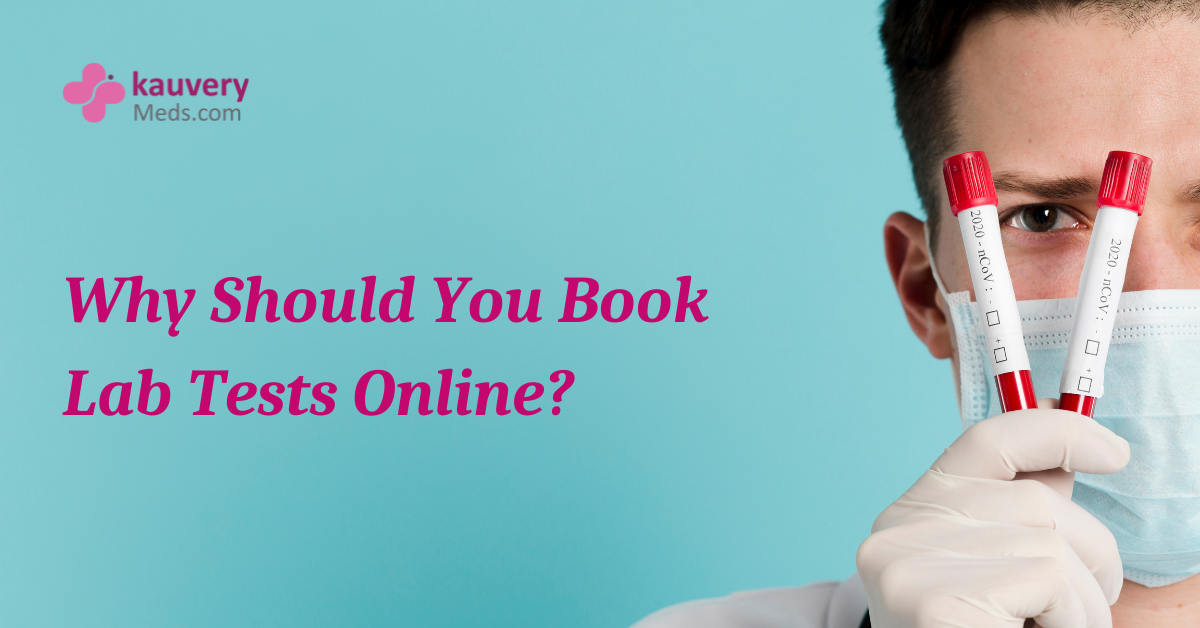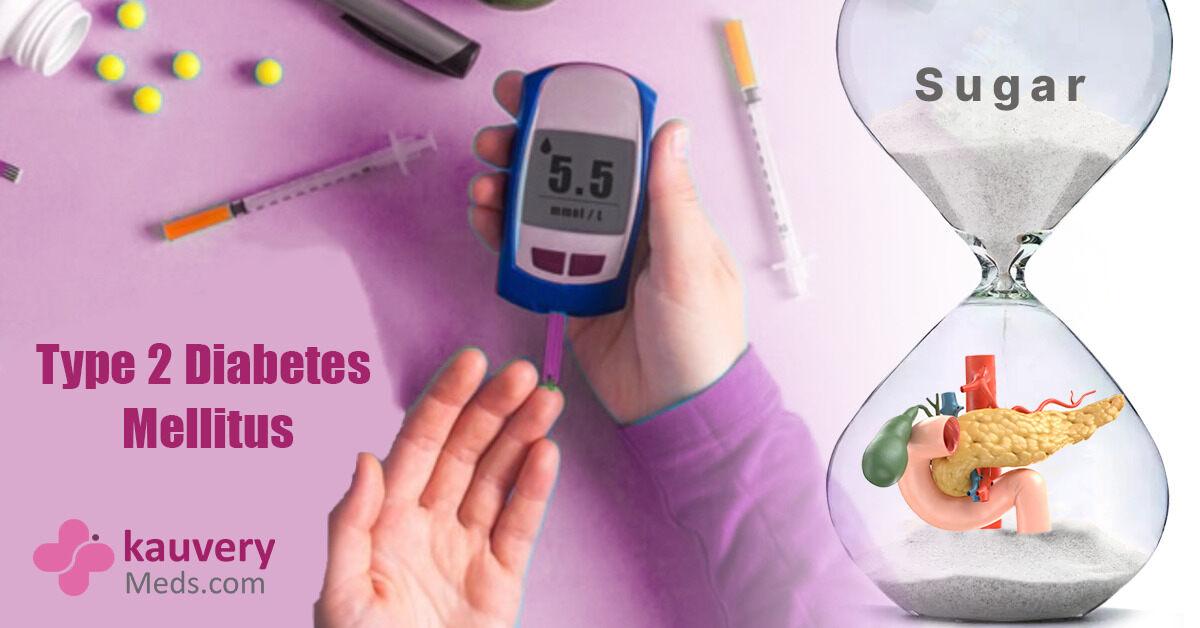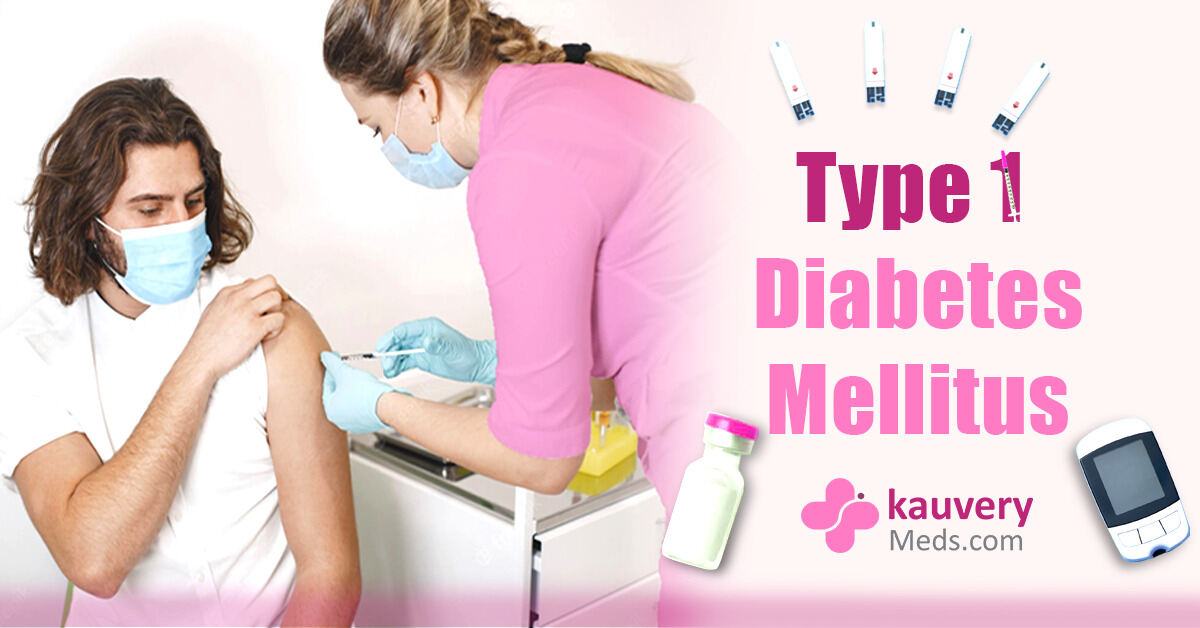Bacterial Infections: Symptoms, Diagnosis and Treatment
Feb 24, 2025
Overview of Bacterial Infections
Bacterial infections occur when harmful bacteria invade the body, multiply, and cause illness. These infections can affect various body parts, including the skin, respiratory tract, urinary system, and digestive system. Understanding bacterial infections, their causes, symptoms, and lab tests for diagnosis is crucial for effective treatment and prevention.
Recent Post

Why Should You Book Lab Tests Online?
_(1)_CAT_1640504567.jpg)
ஸ்மார்ட் போன்களால் ஏற்படும் பிரச்சனைகள்

Type 2 Diabetes Mellitus

Type 1 Diabetes Mellitus
_CAT_1684759383.jpg)
Tooth Cavities

Understanding Diabetes: Fasting and Other Essential Sugar Tests

Top 10 Essential Skincare Tips for Healthy and Glowing Skin

Summer Skincare Routines and Sunscreen Recommendations

5-Minute Skincare Routine for Oily Skin

5-Minute Skincare Routine for Dry Skin

